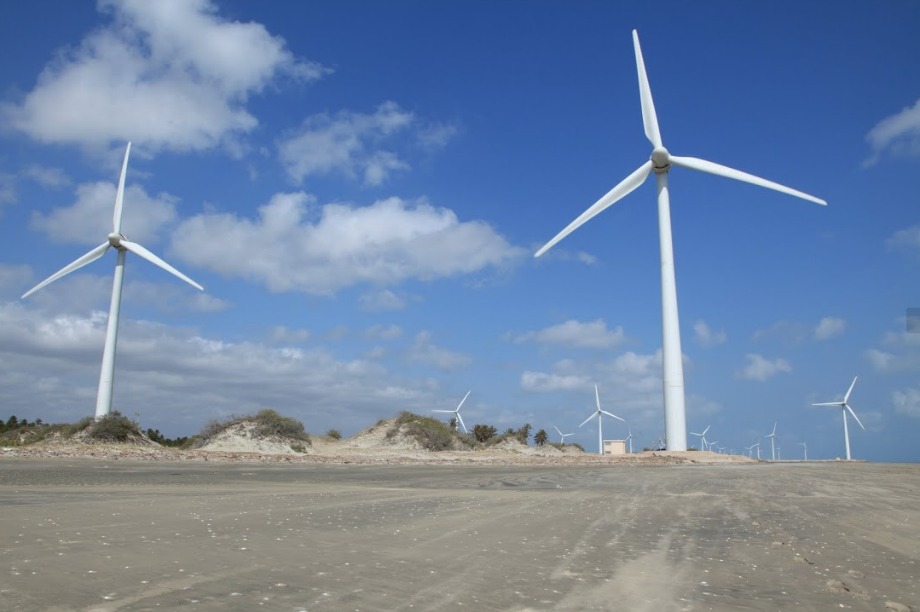Seven of the projects, adding up to 198MW are in the state of Rio Grande do Norte. There are three in Bahia (89.7MW), and one in Ceará (23.1MW).
Abeeolica president Elbia Silva Gannoum said: "All of them in operation would represent about 90GWh injected monthly into the Brazilian National Interconnected System – SIN. Considering an average performance of 40% throughout the day.
"The estimated generation could supply more than 530,000 Brazilian households, avoiding CO2 emissions of more than 45,000 tonnes."
Gannoum points out that this amount does not represent even 5% of the total installed in the country, which is 6,404.5MW, taking into account all projects installed with or without connection.
For the market, the perception is that the fast expansion of wind energy since its introduction to the Brazilian power matrix now needs matching investment in new transmission lines.
Both manufacturers and developers believe this could be an issue for wind power development in the future.
GE's renewables sales director for Latin America Sergio Souza said: "But this is an issue that is gradually being remedied and should not be a problem to the expansion of wind power in Brazil. The government has worked to anticipate construction of new transmission lines."
Lucas Araripe, business development director for Casa dos Ventos, goes further. He said: "Wind will always play an important part in power generation. More so in times of water shortage that are here to stay. The new farms connected to the grid will contribute to the overall security of the system and energy availability for the country."
Araripe said that since 2013 the entrepreneurs of wind farms have become responsible for connecting their plants to the interconnected system. "Thus, such situations are less likely to occur in the future," he said.
To avoid this mismatch, Brazil's federal energy planning company EPE is anticipating bidding for transmission lines in a year's time. For EPE, the real problem is located in the slow environmental approval process.
"The mismatch between the transmission lines and generation projects are being solved with the implementation of better planning and anticipation of bids through the transmission auctions," said Gannoum.




.png)
HR.jpeg)
.png)








